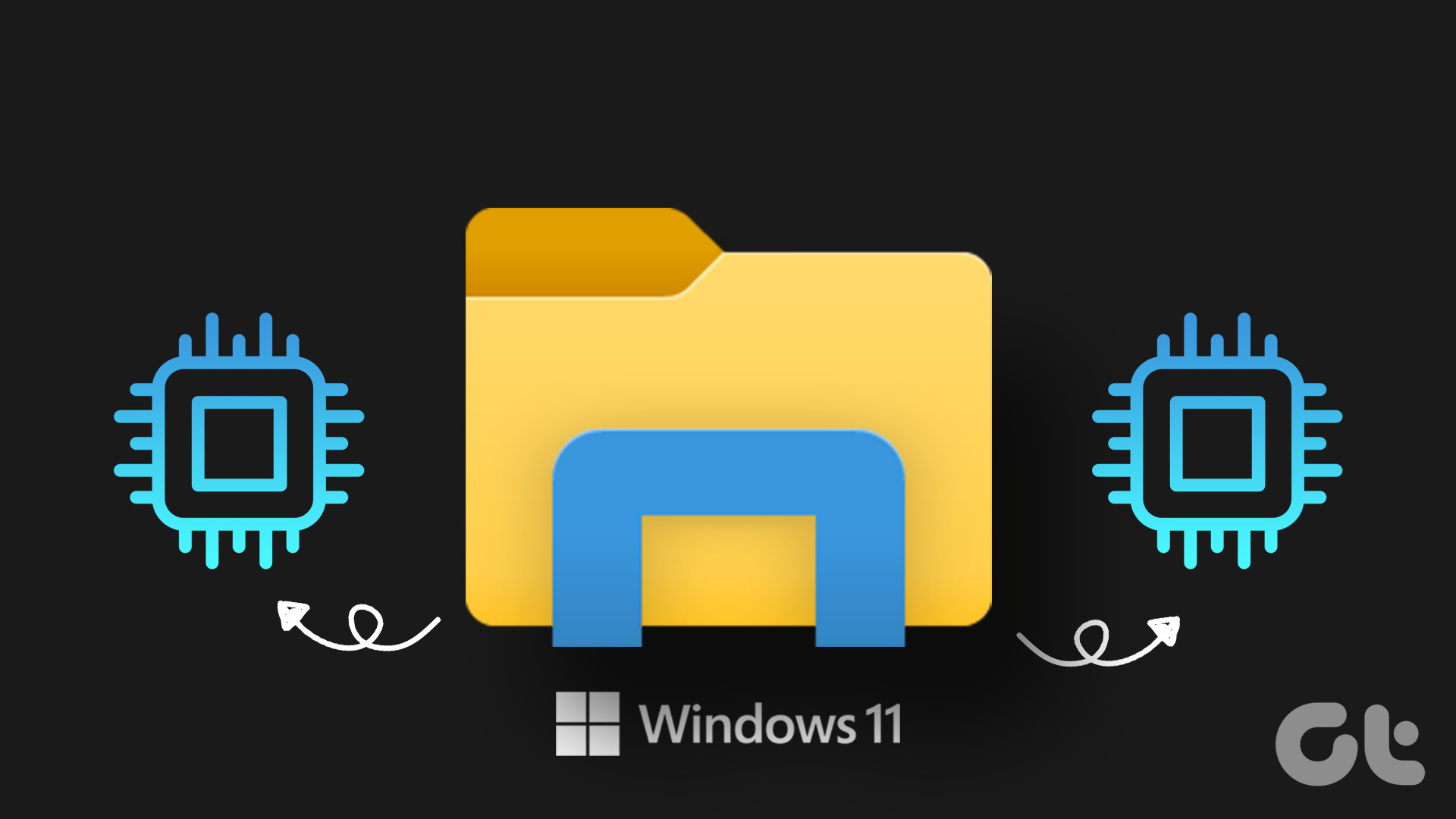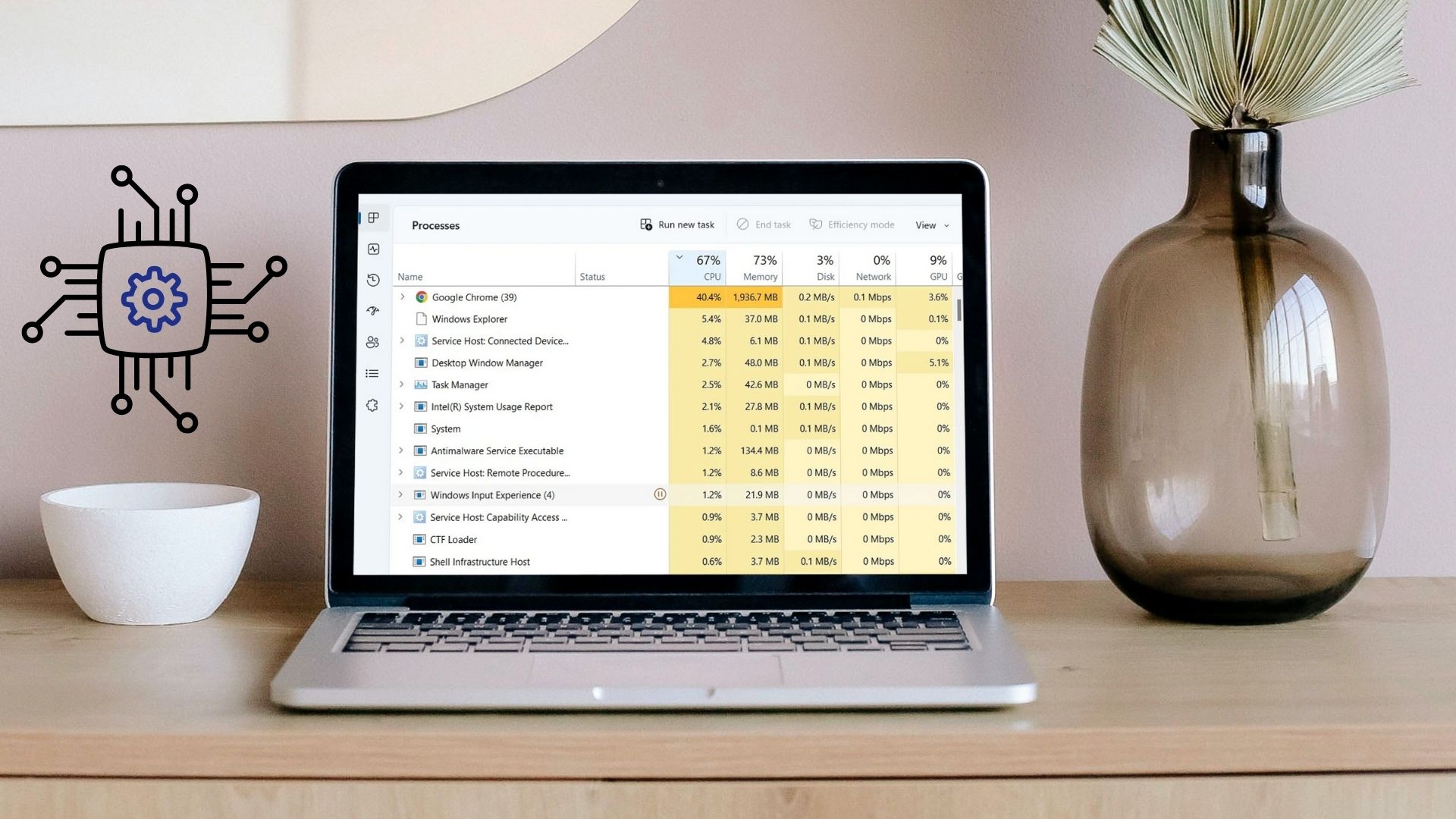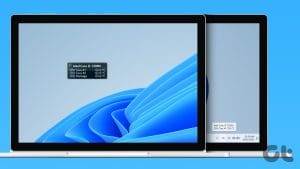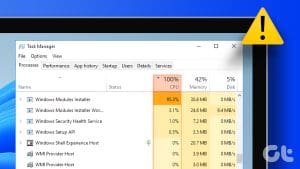We also ensured no active apps ran in the background while testing the browsers.
Heres a list of the tabs that we kept open.
Note:Hardware acceleration was disabledon all browsers to keep this test accurate.

Below are screenshots of idle resource consumption on the testbench system, which has no active apps.
It also allowed seamless switching between the tabs with no lags.
Chromes CPU and RAM utilization does not fluctuate much and remains constant.
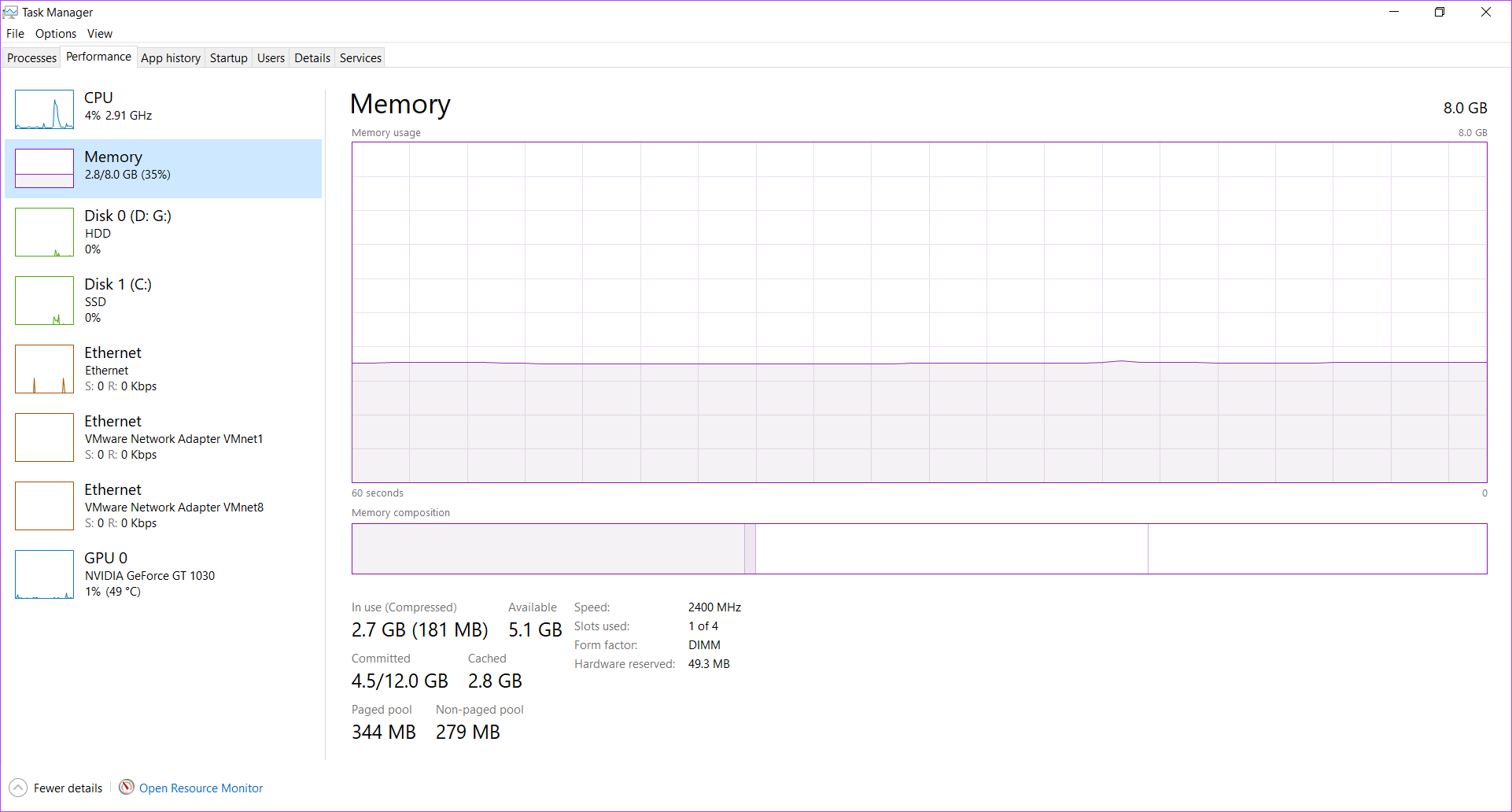
Microsoft Edge
Microsoft Edge isbased on Chromium, like Google Chrome.
Hence, the experience with Edge was similar to Chromes.
It easily handled 4K video playback and kept the video active even when working with other tabs.

However, we noticed that Edge is not very consistent with CPU usage.
In our experience, Firefox had the best 4K video playback experience.
Firefox does not cause any major spikes in resource usage, even while taking quick actions.
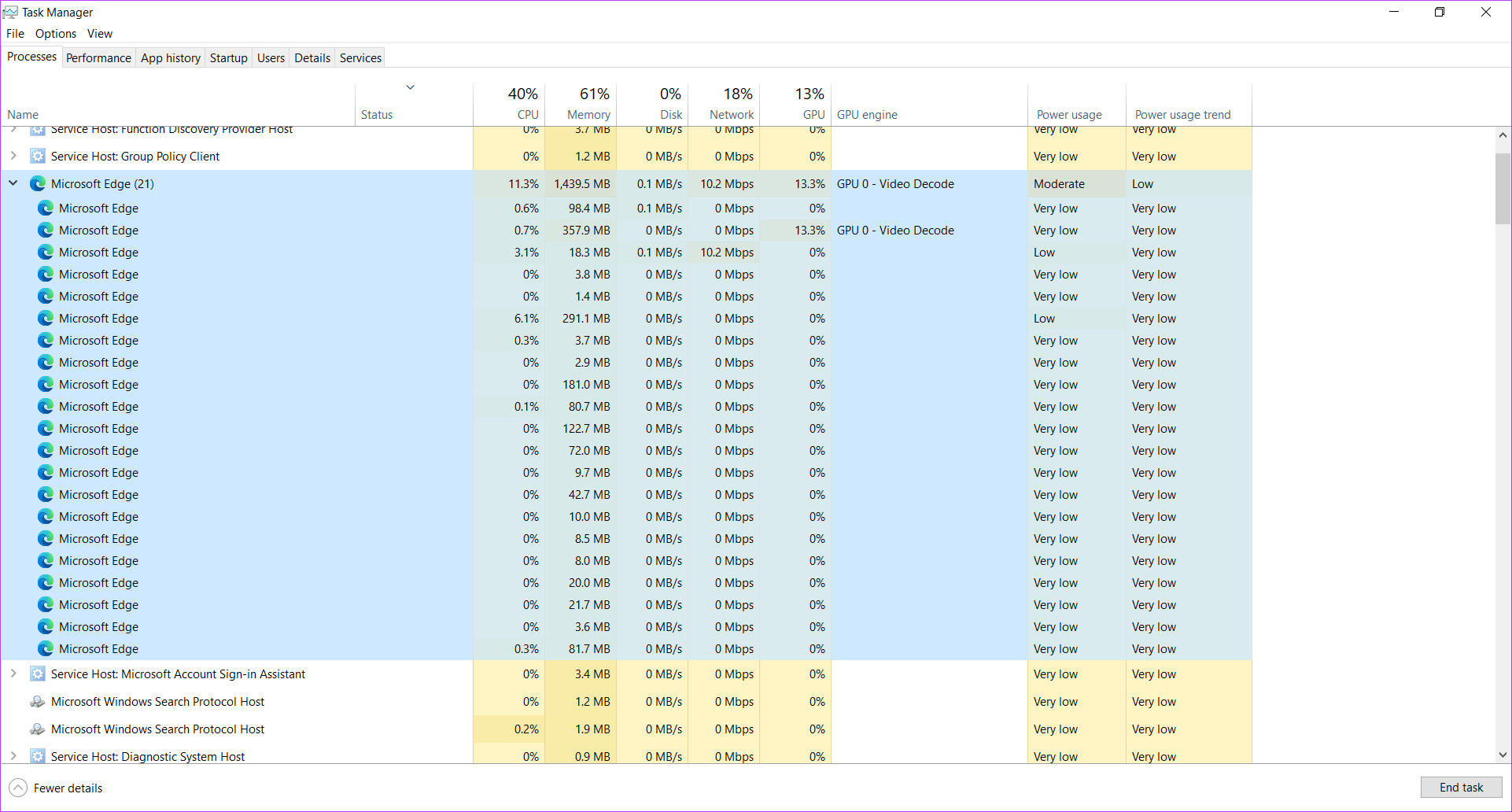
Regarding the overall browsing experience, Firefox feels better than Edge and Chrome due to its faster animations.
It does offer smooth 4K video playback, but it struggles with video searching at times.
Opera also has the highest number of background processes, which accounts for a higher CPU usage.
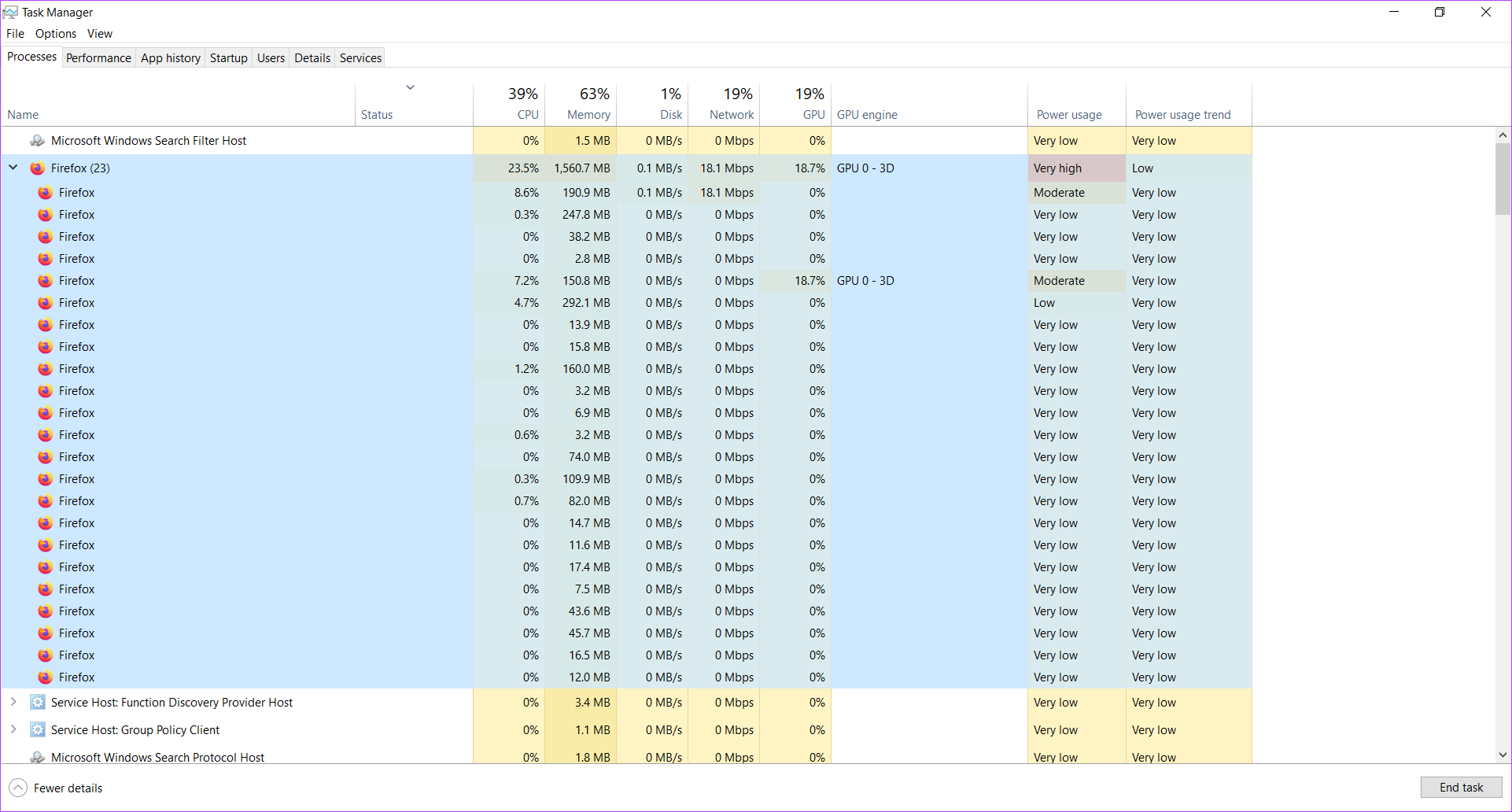
We also noticed that Opera had issues with scaling on websites with too many elements.
Although Firefoxs CPU usage was similar to Edges, the extra RAM utilization pushed Firefox to second place.
Chrome comes third, as it uses slightly more resources than Firefox.
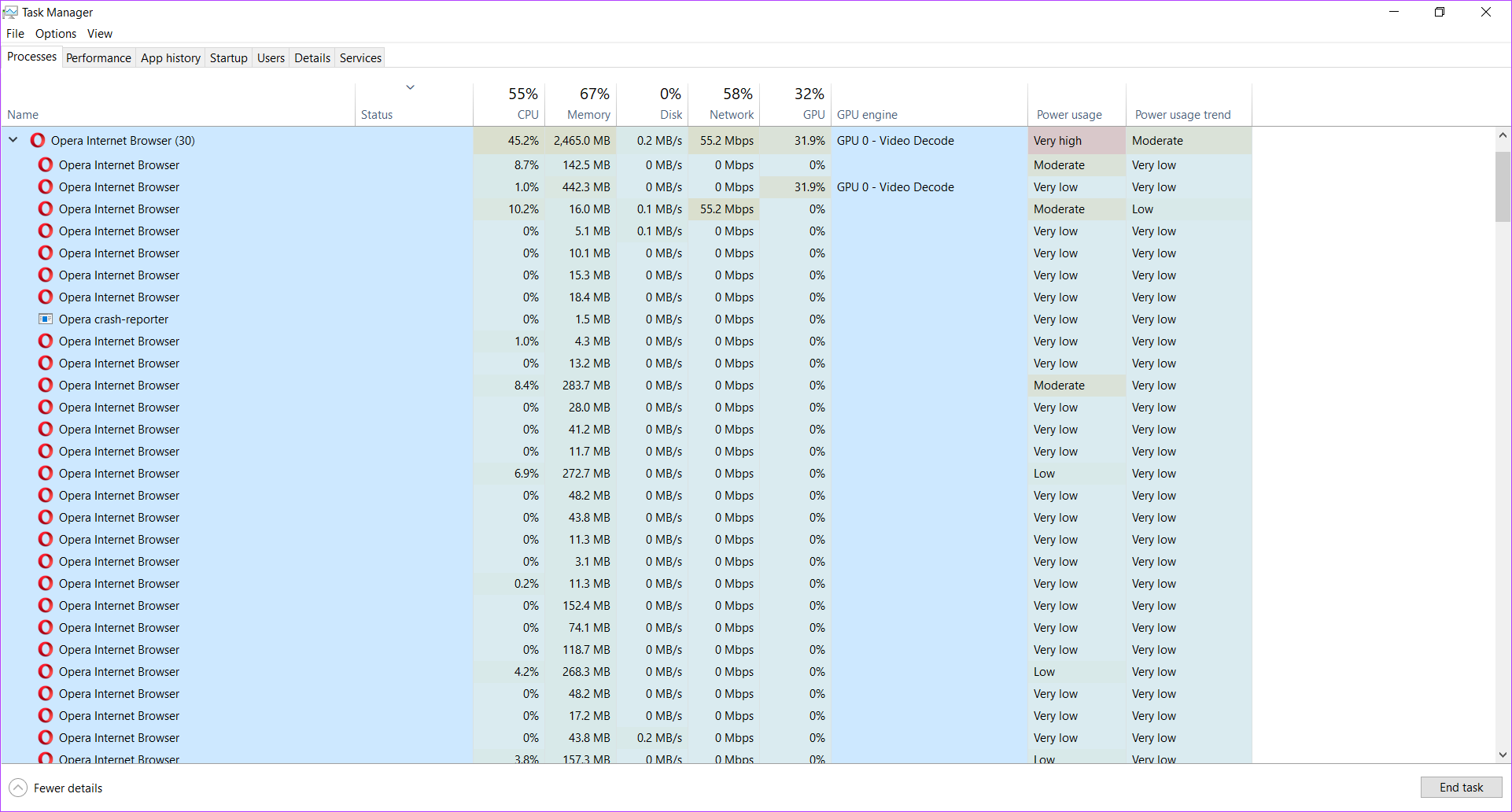
The Opera internet tool was disappointing as it consumed the highest amount of RAM and CPU resources.
Note:We used the graphs from Task Manager to calculate the average CPU and RAM usage.
Most other popular browsers, like Brave and Vivaldi, are also Chromium-based, making Firefox a unique exception.

FAQ
Does using net online gate extensions increase RAM and CPU usage?
The exact resource consumption will depend on the nature and functionality of the extension.
Was this helpful?
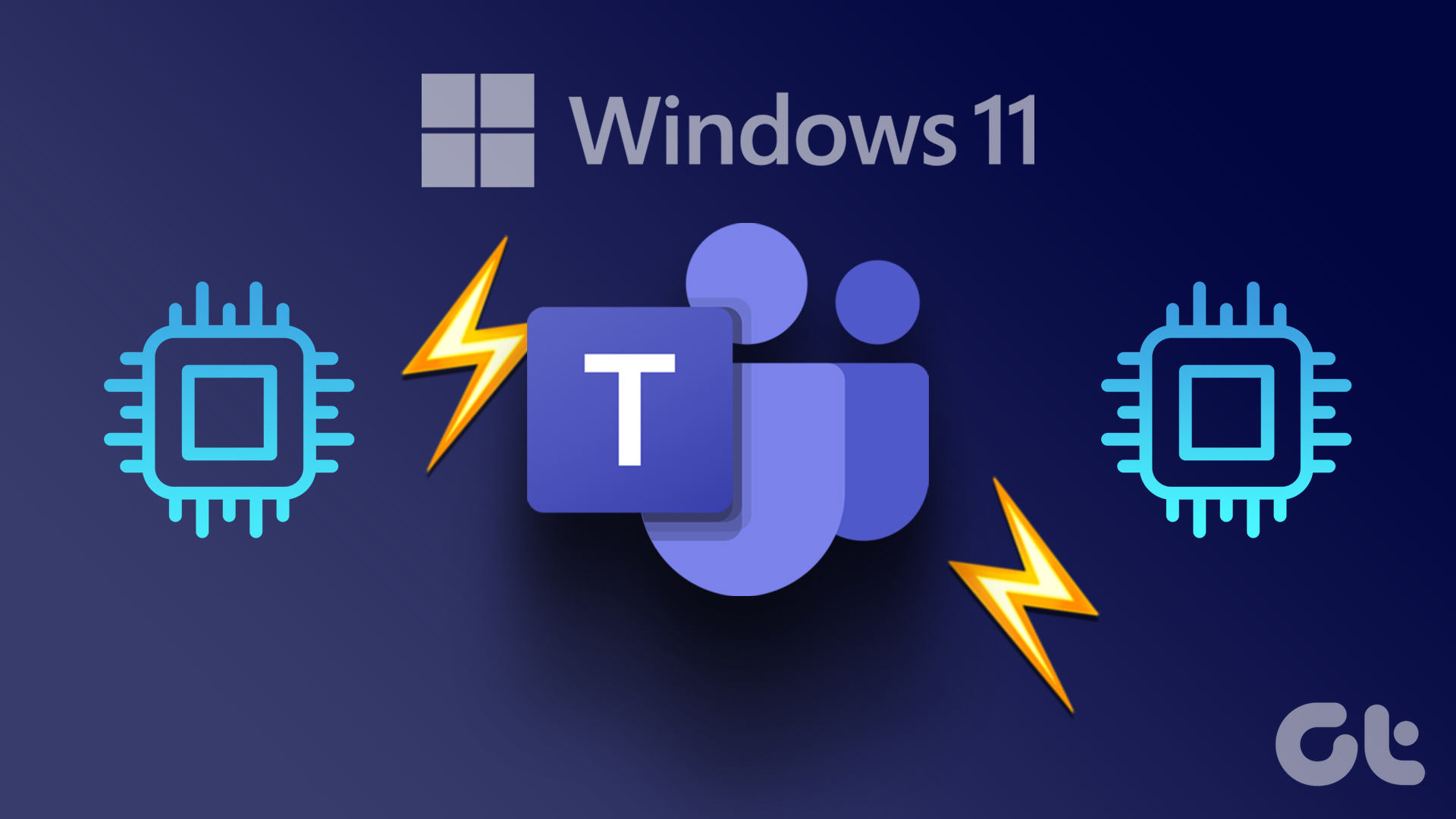
The content remains unbiased and authentic and will never affect our editorial integrity.

